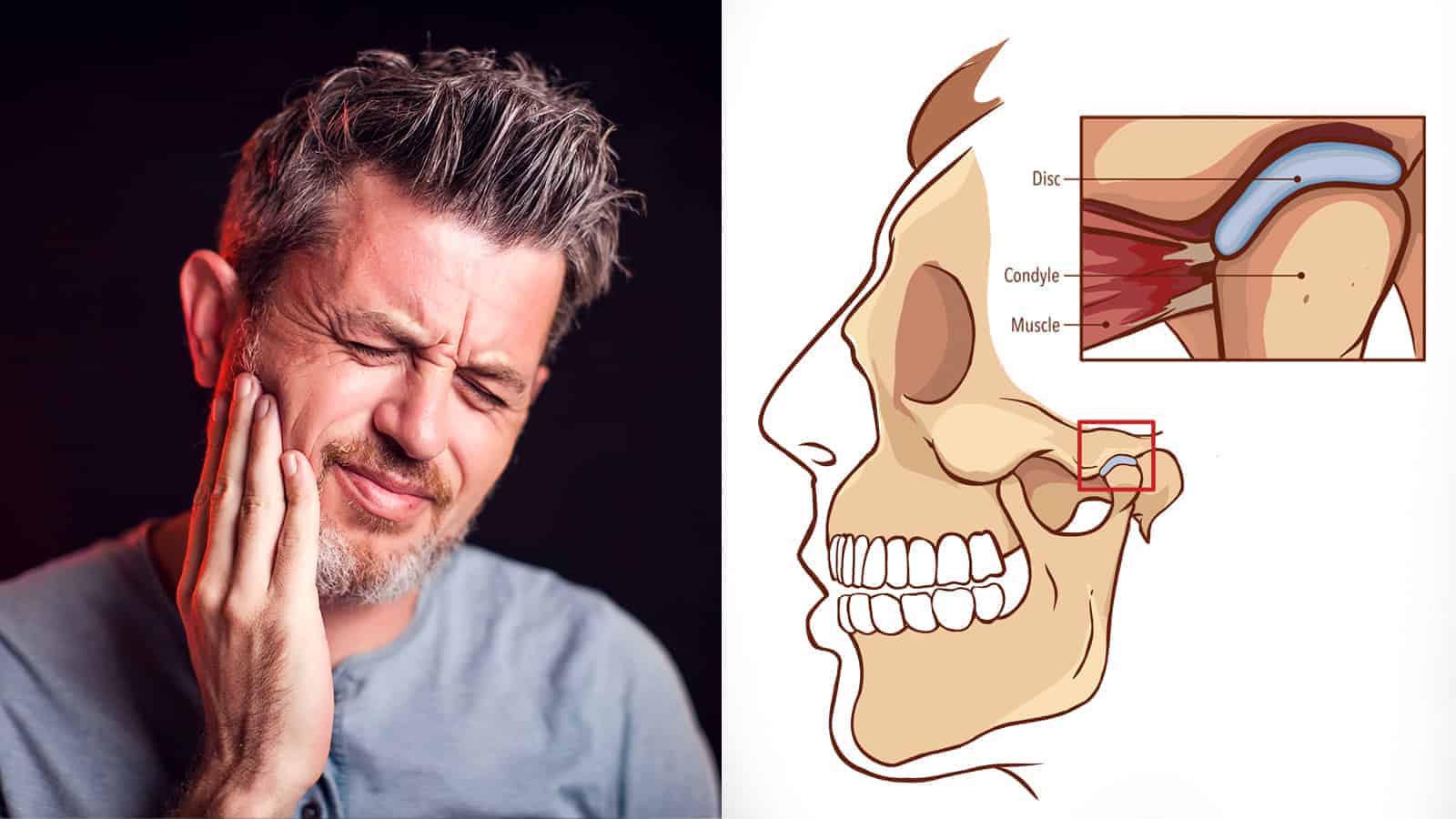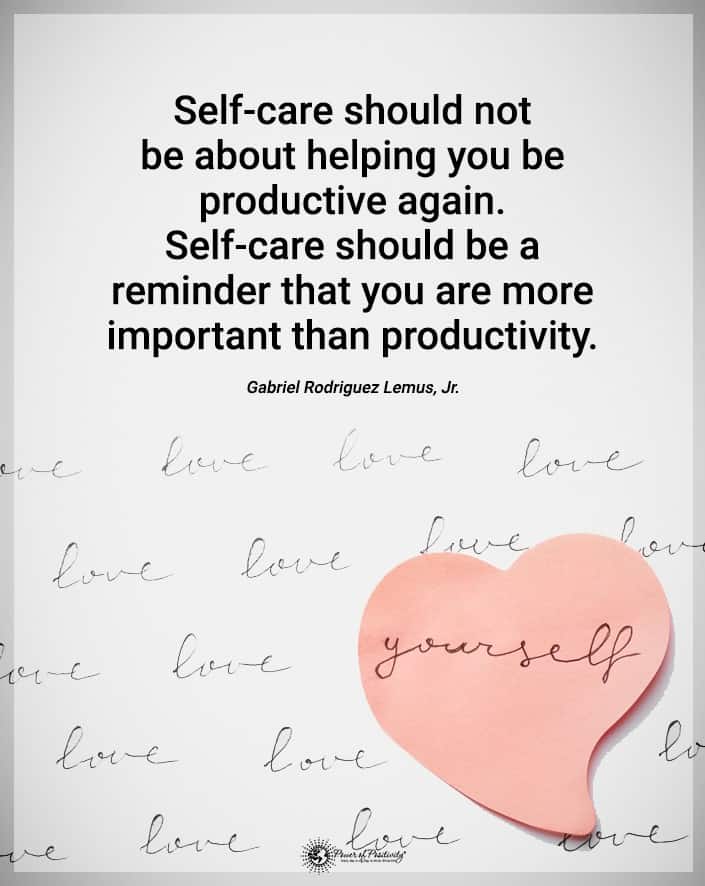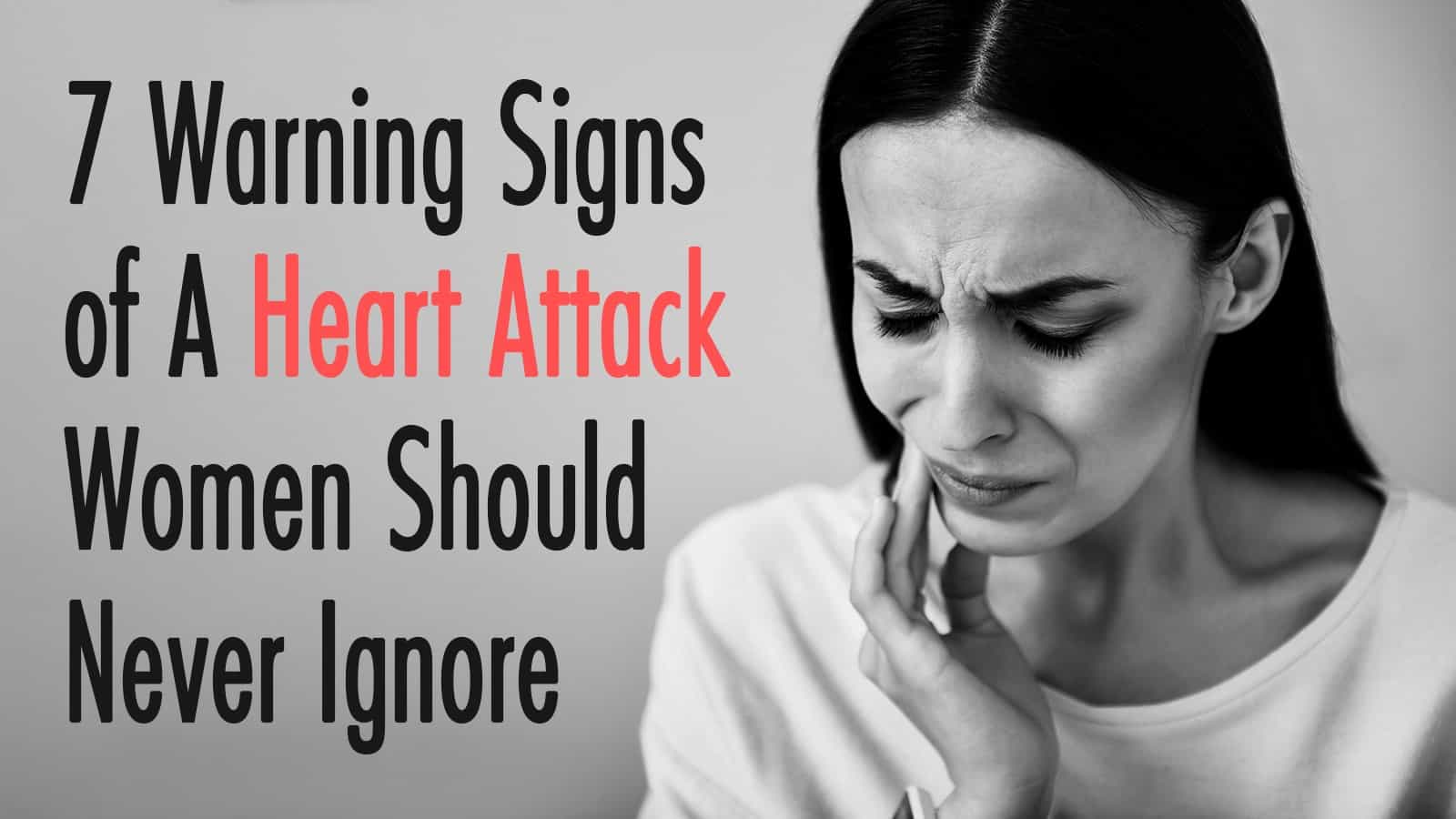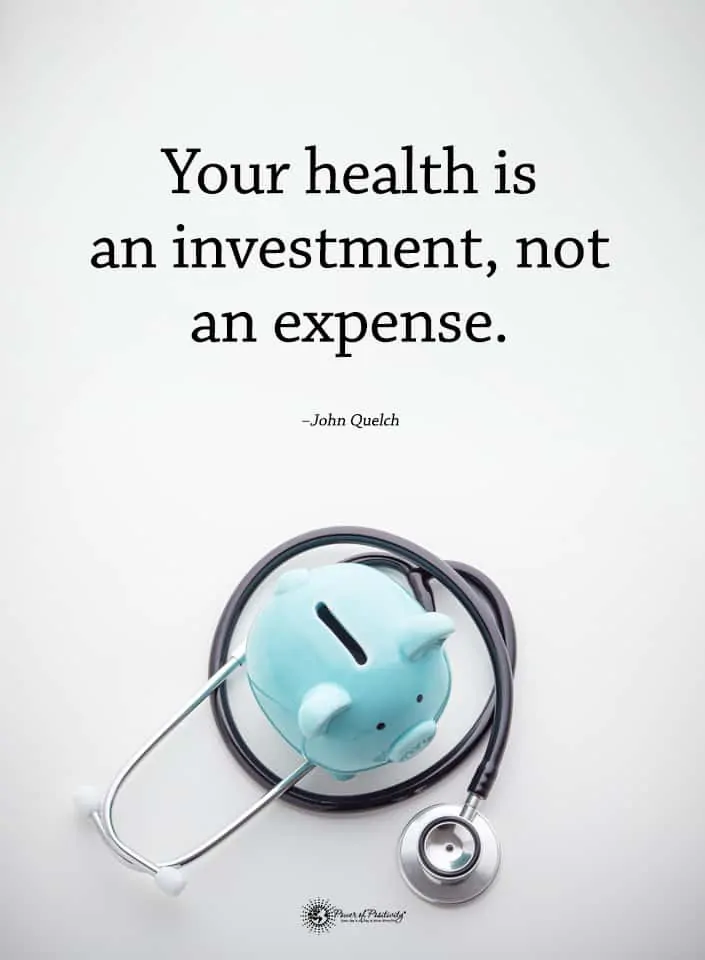Jaw pain is highly uncomfortable and, if it gets bad enough, it can be debilitating. It can affect the way you speak, eat, and even carry yourself. If the pain gets bad enough, it can keep you from your job, social opportunities, and other important things.
There are many causes of jaw pain, and figuring out the cause of your pain is the key to fixing it. Simple things like a sinus infection or headache can cause pain. Or, the cause could be more serious such as a heart attack or injury.
Jaw pain might present itself as an aching feeling near your ear or in one or both sides of your face. It commonly occurs when you are chewing, talking, or opening and closing your mouth in any way. In addition to the pain, you might notice a clicking, grinding, or popping sound.
This type of pain can typically be remedied at home, but sometimes it may require a doctor visit. To determine whether you should see a professional, it is essential to figure out what might be causing the pain. By narrowing down the cause, you will know if you should see a doctor and how quickly you should get there.
Ten Things That Might Cause Jaw Pain
Do these indicators sound familiar to you?
1. A Sinus Infection or Other Sinus Problem
Some of your sinus cavities are located near your jaw joint, so if your sinuses are giving you problems, you might experience pain. Sinus problems can occur when they become infected and swell up, putting pressure on the surrounding areas.
2. Trigeminal Neuralgia
Trigeminal Neuralgia is a condition that causes intense pain in your facial areas. It is caused by compression on the trigeminal nerve, which gives sensation to most of your face. Even slight facial movements can trigger the pain, so you may notice the pain as you talk or eat.
If you have trigeminal neuralgia, the pain will likely increase with each attack. The length of each episode normally increases with each one, as well. Luckily, there are ways to control the symptoms of this condition once it has been diagnosed.
3. Temporomandibular Joint and Muscle Disorder
Often known as TMJ or TMD, this disorder causes pain when you move or stimulate your jaw. Some of the things that cause temporomandibular joint and muscle disorder include:
- injury
- a displaced disc
- arthritis
- grinding your teeth
- clenching due to stress or anxiety
- misalignment
- inflammation
4. Heart Attack
This type of pain is a surprising sign of a heart attack because most people don’t know about it. If you experience pain on the left side of your face, pay close attention to other symptoms. Some of the other signs of a heart attack include:
- chest pain, pressure, or discomfort
- sweating
- feeling like you might faint
- nausea
- feeling like you can’t breathe
- numbness or tingling in the left arm
If you experience the symptoms of a heart attack, you must seek medical treatment immediately. Waiting to find out is dangerous, so it is better to be safe and get checked out.
5. Dental Infections or Tooth Pain
Dental infections can spread down into the jawbone, causing pain to radiate from that area. Many times, the infection is a tooth abscess caused by a bacterial infection. Your tooth will hurt, too, so that can help you identify if it is the issue.
6. Trauma or Injury
Injuring your jawbone will cause pain, and the severity of the injury will determine the level of pain. The bone could have been broken or knocked out of place.
You might also notice bruising, swelling, and loose or missing teeth. Whether your injuries are severe or minor, the pain will be all too real.
7. Headaches
As if the pain in your head wasn’t bad enough, it could also cause pain in your face. Cluster headaches can cause pain in your face and behind your eyes, and it is intense.
Tension headaches can cause this type of pain, too. You’ll experience these headaches when the muscles in your head or neck are tight. Tension headaches are common, so it is a good chance that it is causing your jaw pain.
8. Chewing Gum
This seemingly harmless action can cause you a world of pain. If you chew gum often, it can overwork the joints and muscles. It will cause soreness and inflammation that makes it hard to move your mouth.
9. Stress and Anxiety
Anxiety and stress both lead to tension, which can cause clenching and grinding of your teeth. Grinding or clenching can cause damage to your jawbone and your teeth, putting even more unnatural pressure on the area.
10. Swimmer’s Ear
Also known as otitis externa, a swimmer’s ear is an ear infection in the canal that goes from the eardrum to the opening. It happens when bacteria, fungus, or a virus make their way into the canal. Many times, this occurs when someone has been swimming.
Water leftover in your ear after swimming isn’t the only cause, though. You can also develop this infection by using cotton swabs or putting other things inside your ear canal.
How to Ease Jaw Pain
You can treat jaw pain at home with natural remedies. One way to reduce or eliminate the pain is by avoiding chewing gum and other sticky candies. You can also try stretching or massaging the muscles or using a hot or cold pack on the painful area.
Using Hot or Cold Packs
If you don’t have a cold pack, you can put ice in a plastic bag and wrap it in a cloth. Once you have done that, place it on the painful area for around 10 minutes. Take it off for 10 minutes, then do it again.
If you think a hot pack will work better, you can try that in the same way as the cold pack. You can also get a washcloth wet with hot water and apply it to the area if you don’t have a hot pack.
The hot or cold packs can relax your muscles to help alleviate the pain. You can do this as many times as you need to, as long as you remember to take it off every 10 minutes.
Massage It
You can use your pointer and middle fingers to gently press on the painful areas. While pressing, rub in a circular motion about ten times, open your mouth and do it again. Adjust the pressure as you figure out what seems to be helping, but be careful not to press too hard.
Learn Stress-Reducing Techniques
Learning to reduce your stress can help alleviate tension that causes grinding or clenching of your teeth. You can try things like yoga, journaling, or meditation, or deep breathing to help you relax during stressful times. Don’t give up if the first method you try doesn’t work because different de-stressing techniques work for different people.
Avoid Sticky or Chewy Foods
Since chewy foods can cause pain, avoid them whenever you can. The foods to avoid include apples, beef jerky, chewing gum, or anything else that causes your jaw to work overtime. If your jaw gets sore while eating it, you should consider cutting back on that particular item.
When to See a Doctor
While you can often treat the pain at home, there are times when a doctor is necessary. The severity of your pain depends on what is causing it, so you must consider the cause first.
If the pain is due to tension, you can learn to relax better or get help from a therapist. Recognizing the issue is sometimes enough to help, though.
But if the pain is due to a dental issue, seeing your dentist can alleviate the pain and fix the problem. The dentist can determine where the problem is and what needs to be done, and they can help you with tooth grinding or clenching. Dental problems should be treated quickly but aren’t typically an immediate emergency.
If you experience chest pain, sweating, or shortness of breath, you should seek medical care immediately. You should also see a doctor right away if the pain is sudden, severe, or follows an accident.
If you can’t open, close, or properly move your jaw, seeing a doctor is likely a good idea. Seeing a doctor is wise if you notice the pain comes from both sides and is up in front of your ears.
Final Thoughts on Knowing the Things That Might Cause Jaw Pain and When to See a Doctor
Jaw pain is uncomfortable and can be excruciatingly distracting. The pain can interfere with your daily life and leave you unfocused. Plus, the pain could be an indicator of something more serious.
If any of the possible causes discussed above sound similar to what you are experiencing, figure out what you can do to fix it. It might be a simple fix, or it might require more attention.
If the natural home remedies don’t help alleviate your pain, it might be time to see a doctor. Consider the factors discussed above and consider whether you need a professional opinion. Go with your gut feeling because it is usually correct.

















 Community
Community

